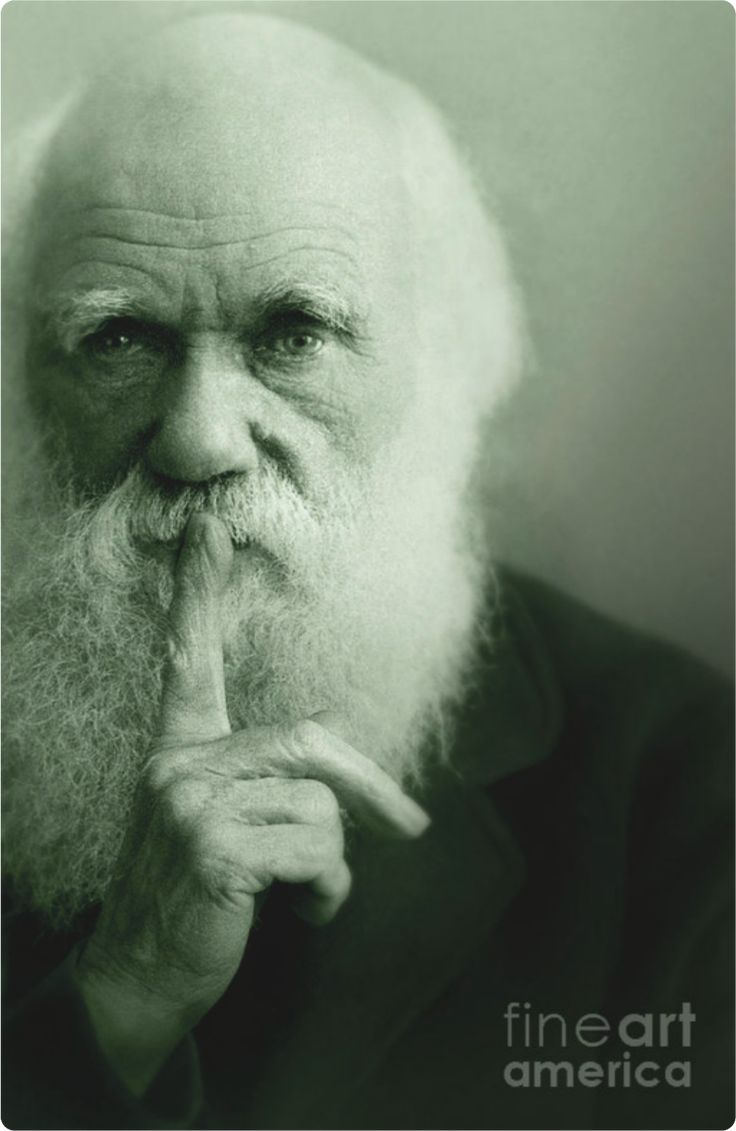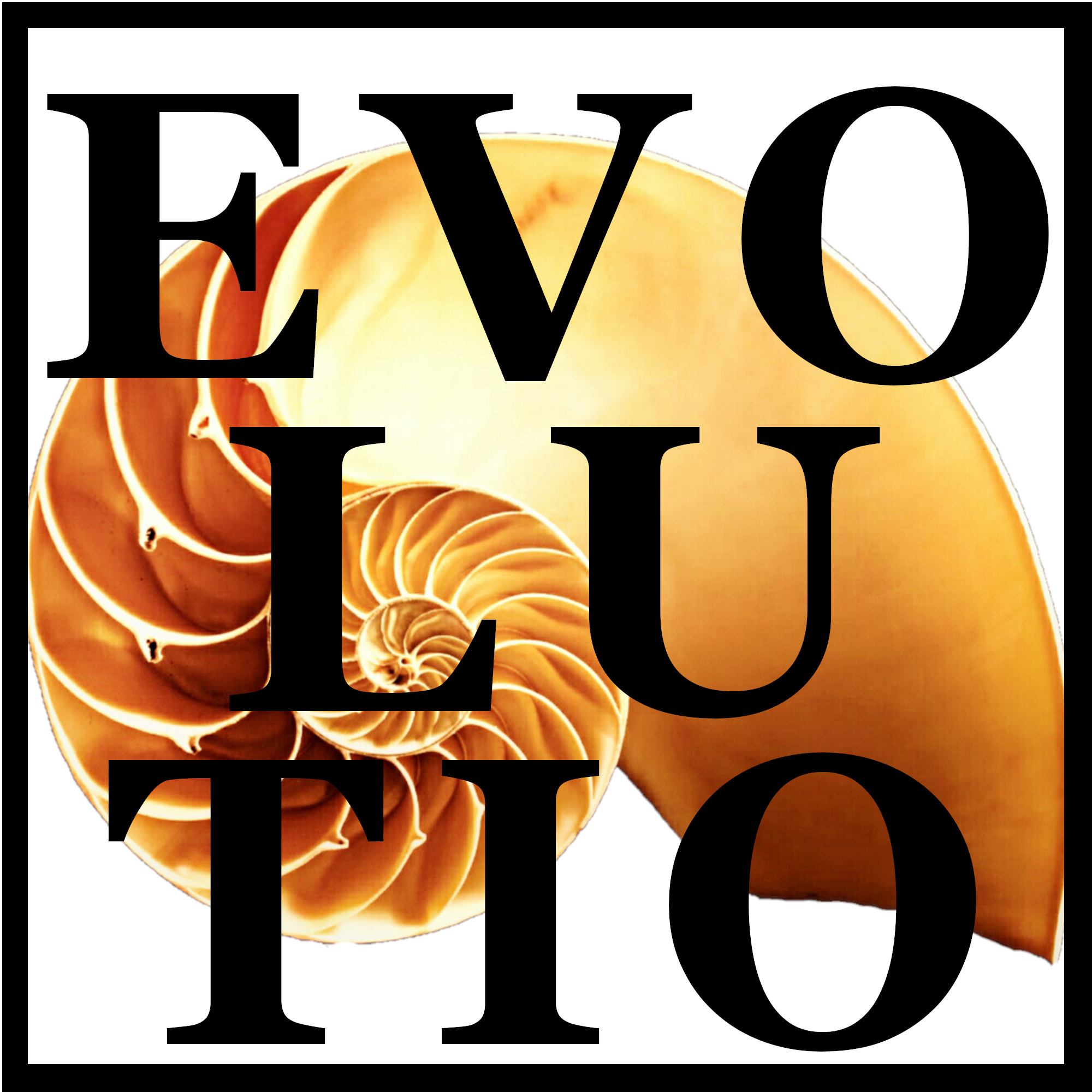EVOLUTIO PROJECTS: Transdisciplinary Research on Life, Mind & Evolution
Discover EVOLUTIO’s independent evolution research and complexity science projects, from the groundbreaking unfolding theory of evolution to innovative teleological evolution research and network‑based theoretical morphology. These transdisciplinary investigations into life, consciousness, and developmental biology redefine evolutionary theory beyond institutional science and open new horizons in how we understand living systems and complex networks.

A Theory of Evolution as a Process of Unfolding
The present theory of evolution, understood as the Darwinian theory based on the concept of natural selection, is unable to adequately answer the big questions facing life sciences today, such as the emergence of life, the increasing complexity and the presence of purposefulness and agentic behavior in organisms. This research project aims to expand and broaden a new theory of evolution based on the concept of unfolding. For this new theory, evolution is motorized by a teleological process carried out by conscious agents who seek to actualize their own preformed potentialities.

Theoretical Morphology of Crustaceans using Complex Networks
A novel method for biological analysis is network theory. A network is a set of items, called vertices or nodes, with connections between them, called edges. The typical representation of a network is a series of dots (nodes) connected by lines (edges). The fundamental characteristic of network theory is that many systems in nature and culture can be abstracted as networks. Network theory has been used to model the structure and behavior of many biological processes: neural networks, metabolic networks, protein interaction networks, food-webs, social networks, etc. These diverse applications have demonstrated that networks and complex systems share various structural properties that determine their global behavior, such as the presence of small-world effect, scale-free distribution, community structure and tolerance to errors.

Life: The Quest for a Holistic Theory of the Organism Beyond Mechanicism and the Machine Metaphor
Is life a simple result of a conjunction of physico-chemical processes? Can be reduced to a mere juxtaposition of spatially determined events? What epistemology or worldview allows us to comprehend it? Aristotle built a novel philosophical system in which nature is a dynamical totality which is in constant movement. Life is a manifestation of it, and is formed and governed by the psyche. Psyche is the organizational principle of the different biological levels: nutritive, perceptive and intellective. Driesch´s crucial experiment provided empirical proof of the principle of life, which he called entelechy. Entelechy is an intensive manifoldness and cannot be comprehended by the usual extensive parameters. The entelechian´s own ambiance is duration. This allows the reintroduction of the concept of teleology in the sphere of the living, understood not as a final cause, but as an order born from desire and leading to action.

Morphology, Structural Constraints and Bauplan in Marine Snails using Geometric Morphometrics
Darwin proposed natural selection as the main evolutionary mechanism in 1859. However, he did not think that this was the only process by which new species were generated. It was the so-called Modern Synthesis who established natural selection as the only mechanism responsible for evolution. Since then, the evolutionary process is explained by the pair mutation-adaptation: new species are generated by the appearance of new mutations, which in case of allowing new adaptations to the environment, they will be fixed and organisms will survive, therefore resulting in new species. An alternative view to the plasticity promoted by the adaptationist program is to think organisms as truly organized structures, having different levels of structural organization, which would mean that not every form is possible, but only those that correspond to a certain building plan or Bauplan. This would be reflected in the appearance of structural constraints, showing the limits imposed to the organism during its evolutionary development.

Connectedness: Towards a New Relationship between the Organism and its Environment in Nature
The organism against its environment. The organism against other organisms, competing and struggling for life. Antagonism and confrontment as the only possible relation in nature. The tendency to anthropomorphize nature and explain it using concepts and facts from the human sphere. A stroll through the worlds of Uexküll and Merleau-Ponty in the search of alternative knowledge that allow us to understand relation from another point of view. A counterpoint and identification of common tonalities between the research programs from both thinkers as a way to demonstrate the possibilities of a more fruitful approach. Umwelt as a generative system of meaningful relations in which its participants are not mutually exclusive, but express a melody that include them all.

The Ideological Matrix of Science: Natural Selection and Immunity as Case Studies
The modern concept of ideology was established by the liberal politician and philosopher Destutt de Tracy, with the objective of creating an all-embracing and general science of ideas, which followed the sensualist and empiricist trend initiated by Locke. He also built his political economy upon the liberal concepts from Adam Smith and Thomas Malthus. The Malthusian concept of struggle for existence wrongly assumed that population grew faster than the means of existence. This “natural” law contained implicitly the idea that the poor and least gifted would not survive. This idea led to the progressive development of the concept of natural selection, whose definitive version was given by Darwin. Mechnikov took both these concepts and conceived immunity as a struggle between a host and its invader, the so-called phagocytosis theory. This theory created the necessity to possess mechanisms to discriminate between the own and the foreign, and led to the conception of the immune self. These concepts were not developed from ideas coming from perceptions or sensations, but from ideas coming from their values: individual interest, inevitable inequality, property, utility and profit. Values are ideals that constitute an ideological matrix that exerts a numinous activity and drive us and impulse us towards certain directions.

